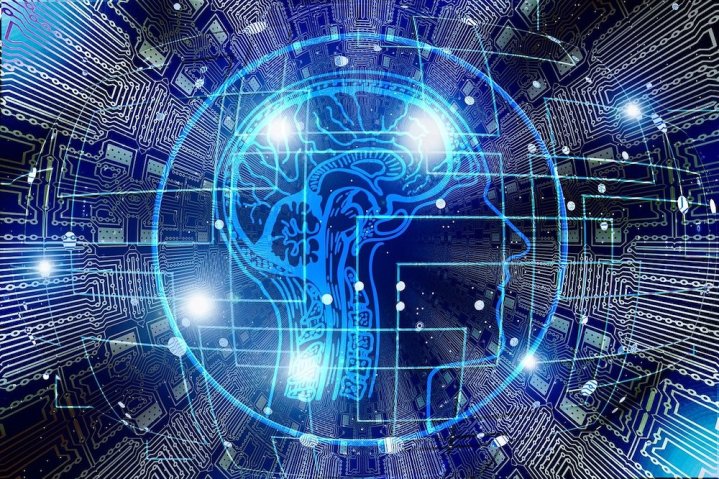
An international group of doctors and medical health experts is the latest to call for artificial intelligence (AI) to be regulated, saying that it “poses a number of threats to human health and well-being,” and claiming that the “window of opportunity to avoid serious and potentially existential harms is closing.”
The analysis follows other recent warnings from prominent tech figures who include Geoffrey Hinton, the so-called “godfather of AI,” and a group of experts who were among 1,000 signatories of a letter that called for a suspension on AI development until a set of rules can be established to ensure its safe use.
The latest warning comes in an article written by health professionals from the U.S., U.K., Australia, Costa Rica, and Malaysia, which was published online by BMJ Global Health this week.
The team highlighted three ways in which it believes AI poses a threat to human health, citing the “control and manipulation of people, use of lethal autonomous weapons, and the effects on work and employment.”
It goes on to look at how it believes that a more advanced version of AI technology “could threaten humanity itself.”
The article begins by noting how AI-driven systems are becoming increasingly used in society, organizing and analyzing huge amounts of data, but warned that it can be a potent tool for political candidates to “manipulate their way into power,” citing cases of AI-driven subversion of elections, including in the 2016 U.S. election.
“When combined with the rapidly improving ability to distort or misrepresent reality with deepfakes, AI-driven information systems may further undermine democracy by causing a general breakdown in trust or by driving social division and conflict, with ensuing public health impacts,” the article said.
It also noted how AI is being increasingly used in military and defense systems, with the “dehumanization of human warfare” having a myriad of consequences for human health as weapons become more sophisticated and easier to deploy.
The article also discusses how AI may one day replace countless jobs, noting that unemployment is known to be strongly associated with adverse health outcomes.
Finally, it touches on the nightmare scenario where AI becomes so advanced that it could pose a threat to humanity.
“We are now seeking to create machines that are vastly more intelligent and powerful than ourselves,” the article said. “The potential for such machines to apply this intelligence and power –whether deliberately or not — in ways that could harm or subjugate humans is real and has to be considered.”
While the article acknowledges that AI has many potential beneficial uses, it said there is also much to be concerned about as the technology rapidly advances.
The team concluded that effective regulation of the development and use of AI is needed “to avoid harm,” adding: “Until such effective regulation is in place, a moratorium on the development of self-improving artificial general intelligence should be instituted.”
Editors' Recommendations
- The best ChatGPT plug-ins you can use
- Stability AI’s music tool now lets you generate tracks up to 3 minutes long
- OpenAI’s latest Sora video shows an elephant made of leaves
- Copilot: how to use Microsoft’s own version of ChatGPT
- GPTZero: how to use the ChatGPT detection tool


